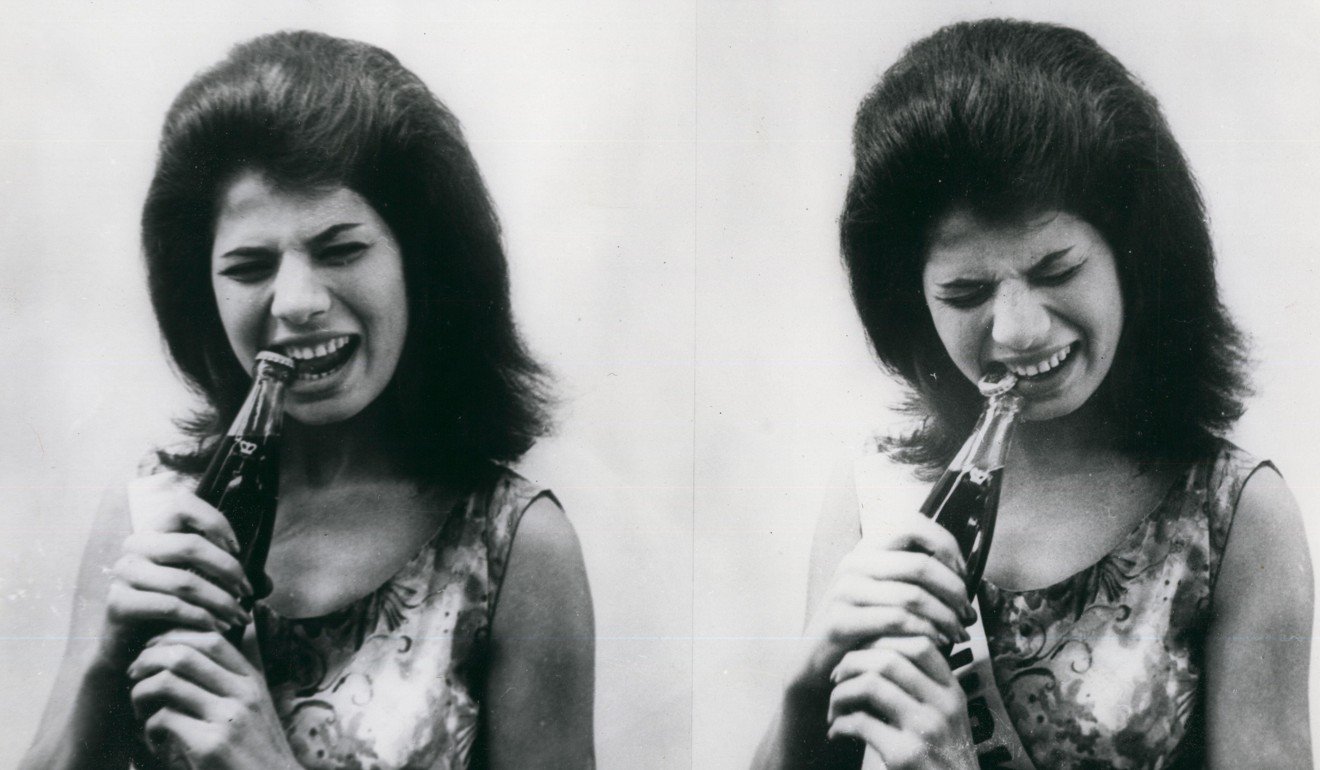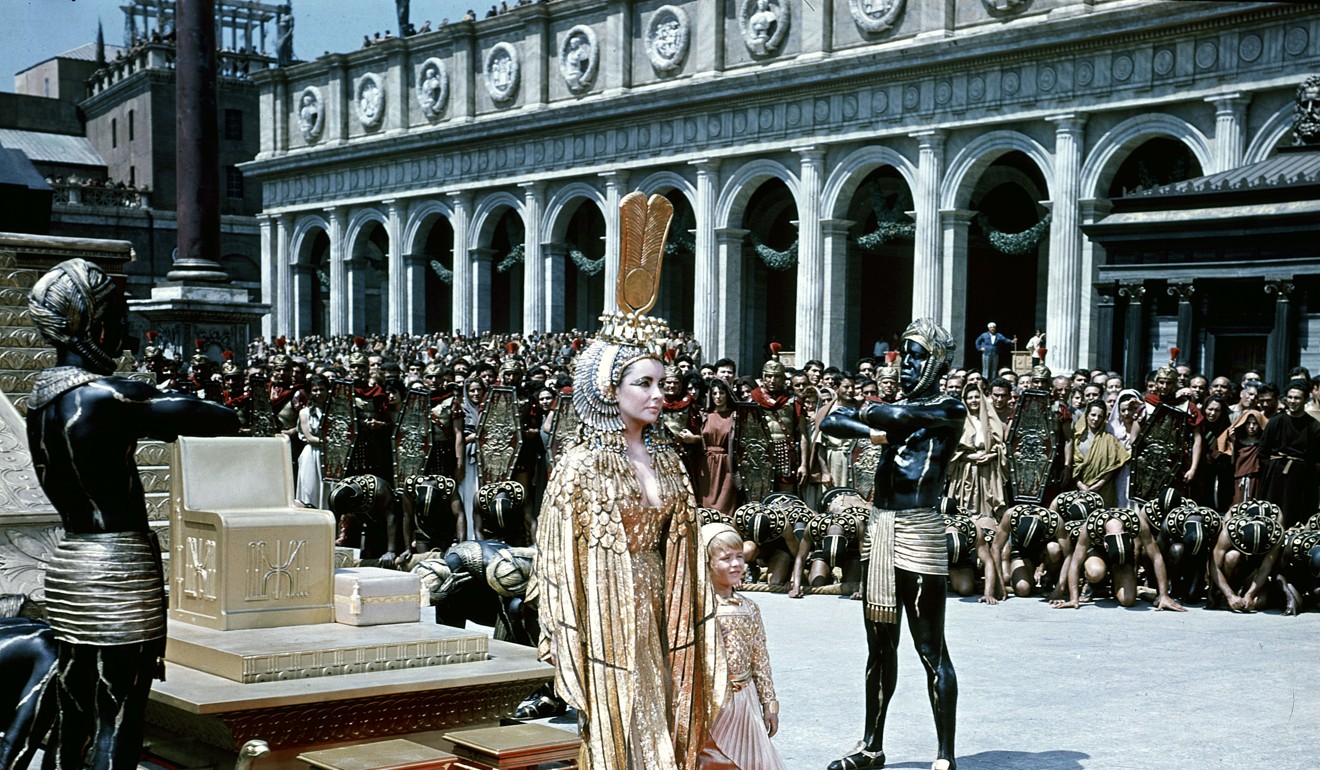
When Turkey was open, modern and women wore bikinis: filmmaker recalls the 1960s
Turkish-Italian director Ferzan Özpetek talks about fairies, the Istanbul he grew up in, and getting to know some of Italy’s most famous filmmakers, from Bernardo Bertolucci to Elio Petri
Magic moments All of my life, I have listened to fairies and looked in the direction that they somehow have suggested. Don’t take this as a New Age thing, it’s just a fundamental skill: every time something wasn’t going as expected, I found I could work towards new directions, even better ones. I call them fairies to simplify the concept, but I am talking about a positive attitude: the capacity to allow ourselves to find something new and surprising.
Everything started back in the early ’60s in Istanbul, in what was then the open and modern country of Turkey. I was born on February 3, 1959, in the heart of Kalamis, an elegant neighbourhood that poets and singers would write about, with incredible houses that had been built by architects from all over the world and an old tram that would run roofless in summer. A magical, lost Istanbul.
Hong Kong: love at first sight for Italian filmmaker Maria Sole Tognazzi
A woman’s world Women played a fundamental role in my upbringing. Open and self-confident, bold, sophisticated and fearless women: they travelled alone, they wore bikinis even before the Italians did. One of my aunts was related to the poet Nâzim Hikmet, another was the first female pilot in Turkey. Aunt Betulla used to interrupt me while I was doing my homework: “Come on, let me teach you how to build a kite. You will never make a woman happy if you cannot do that, or make her laugh.”
My grandma had married twice, both times to men from important Pasha families (a high rank within the Ottoman political and military system). Mum married twice as well, and I was born out of her second marriage. The women of my family were not devout, they were against any form of religious teaching – something that I have carried with me my whole life – but they were very social and well connected.

Writer Orhan Pamuk describes this ’60s Turkish society [masterfully] in his evocative book Istanbul: Memories and the City (2003).
Road to Rome As a child, I loved the movies. I could go three times per week. The first film I watched, Cleopatra (1963), struck my imagination and led me to study art and drama. I was an avid reader, but also loved to listen to all the characters that used to hang out at my mother’s place. My mum’s stories have also influenced my life: she would travel to Rome for shopping, art tours, even parties. Her descriptions of life in Rome, the joy and carefree atmosphere she felt – as a tourist, of course – led me to move there when I was 17.
My dad’s plan was for me to attend a famous cinematographic school in Los Angeles. He had everything settled, tickets were ready, but, at the last minute, I decided it had to be Rome. Despite my father’s opposition, I landed in the Italian capital in 1976.
Fifteen years ago, you could see the first signs of what has become so evident lately, in Italy: even regular, middle-class people can fall into poverty.
La dolce vita For the first three years in Rome, I lived the sweet life. I was studying movie direction at the Accademia Nazionale d’Arte Drammatica Silvio D’Amico and had no worries of any sort. My father was sending me a generous monthly allowance that, back then, was the equivalent of three average Italian wages. I was busy spending it all, going out and getting to know people like Gianni Amelio, Bernardo Bertolucci, Elio Petri: the greatest directors of that time. We had the deepest and most exciting conversations about life and art, it was like being in heaven. Then my father cut the monthly allowance because he wanted me to either finish school or start working.
I found a part-time job in a frame-making shop, which allowed me to use the rest of my time to run around town and interview movie directors for a Turkish magazine. At the end of each interview, I used to ask the director whether he would hire me as his assistant on set. One day, Massimo Troisi (the star and director of Oscar-winning Il Postino, who died in 1994, aged 41, the day after filming was completed) called me with an opportunity.
Father’s pride At that point, I had started writing my own film scripts. Director Marco Risi found my draft of Hamam: The Turkish Bath (1997) interesting and helped me produce it. It was my first movie, shot mainly in Istanbul. We sent it to the Venice Festival, but it was declined. Then to Berlin: not only did they not accept the movie, I was told that I shouldn’t be making films. But this, as odd as it may sound, was my lucky strike: the movie was noticed by the Festival de Cannes people, and since it had not yet been in any other festival, it was picked.
Once in Cannes, it turned out to be a huge success with distributors at the festival. After its release in many countries, Turkey included, my father called me from Istanbul, saying, “I have been to your school for a social event and everyone was asking if I were somehow related to you.”
Even though he was a proud man and never approved of my life choices, he always followed my career. He used to cut out newspaper clippings about me and my movies, but I found this out only after his death, in 2001. He would have been pleased with my retrospective that was held at the Museum of Modern Art, in New York, in 2008.
Taboo busting The Ignorant Fairies (2001) is one of the movies I am most recognised for and the one that broke the gay taboo in mainstream film, especially in profoundly Catholic Italy. The producers were sceptical, they thought The Ignorant Fairies would interest only a small part of the audience: the gay one. But when they released the movie, nearly everyone in Italy went to see it. The reason was probably that we were bringing a delicate subject like homosexuality into a reasonable, everyday plot.
Another social taboo I have touched on in my career is poverty. Fifteen years ago, you could see the first signs of what has become so evident lately, in Italy: even regular, middle-class people can fall into poverty. Back then, no one wanted to hear anything like that: Italy was thriving, the economy was growing, dancers were kicking in burlesque-style TV shows. But something could already be foreseen, and I was inspired to write Sacred Heart (2005): a movie about a rich lady who uses all of her patrimony to help the poor.
My next film will be about destiny, greed and intolerance, topics that are becoming more relevant.

The veil of Naples One of the most significant achievements of my life has been the opera La Traviata, by Giuseppe Verdi. I directed it in Naples in 2012 and brought it to Hong Kong in 2013, where it was saluted with a standing ovation of 13 minutes. It was a beautiful experience and it led me to making my latest movie, Napoli Velata (2017), through a series of coincidences in Naples that started more than six years ago: it seemed like fairies were talking to me again.
While I was working on La Traviata, I met people who introduced me to places and stories. Those faces, their words and feelings, they startled me. Everything connected in my mind, one thread at a time, weaving slowly until I could visualise il velo di Napoli, Naples’ veil: a traditional saying that refers to the secrets of this ancient town. I didn’t know Naples well, but the city brought me towards this story through its magical energy.
Ferzan Özpetek was in Hong Kong to attend the Cine Italiano festival, in September.

